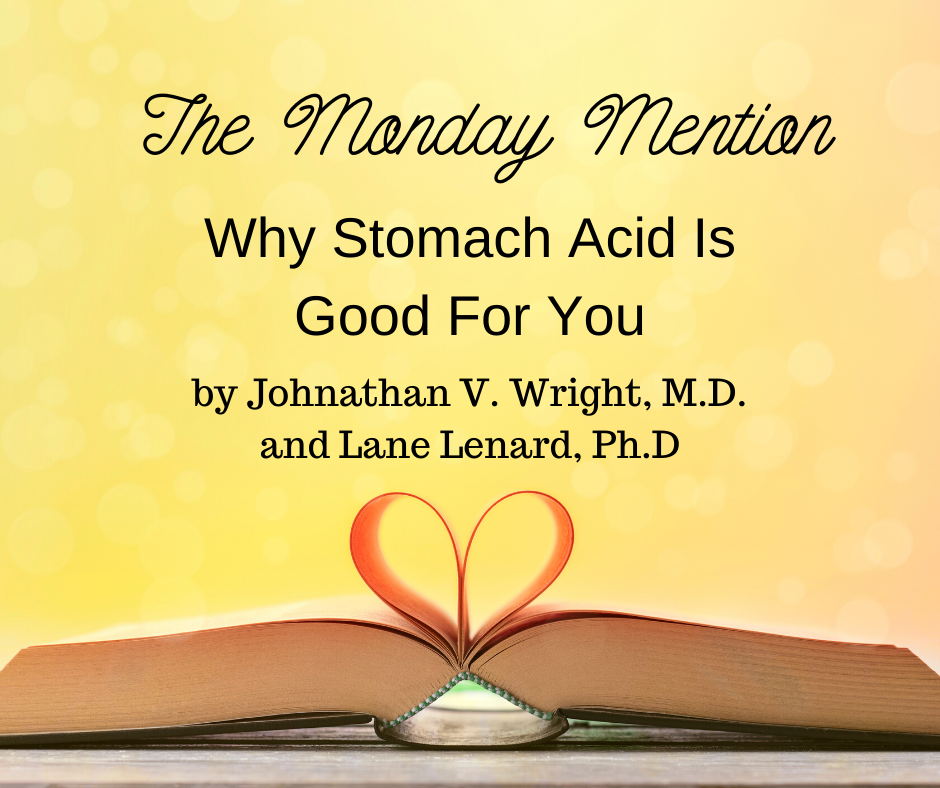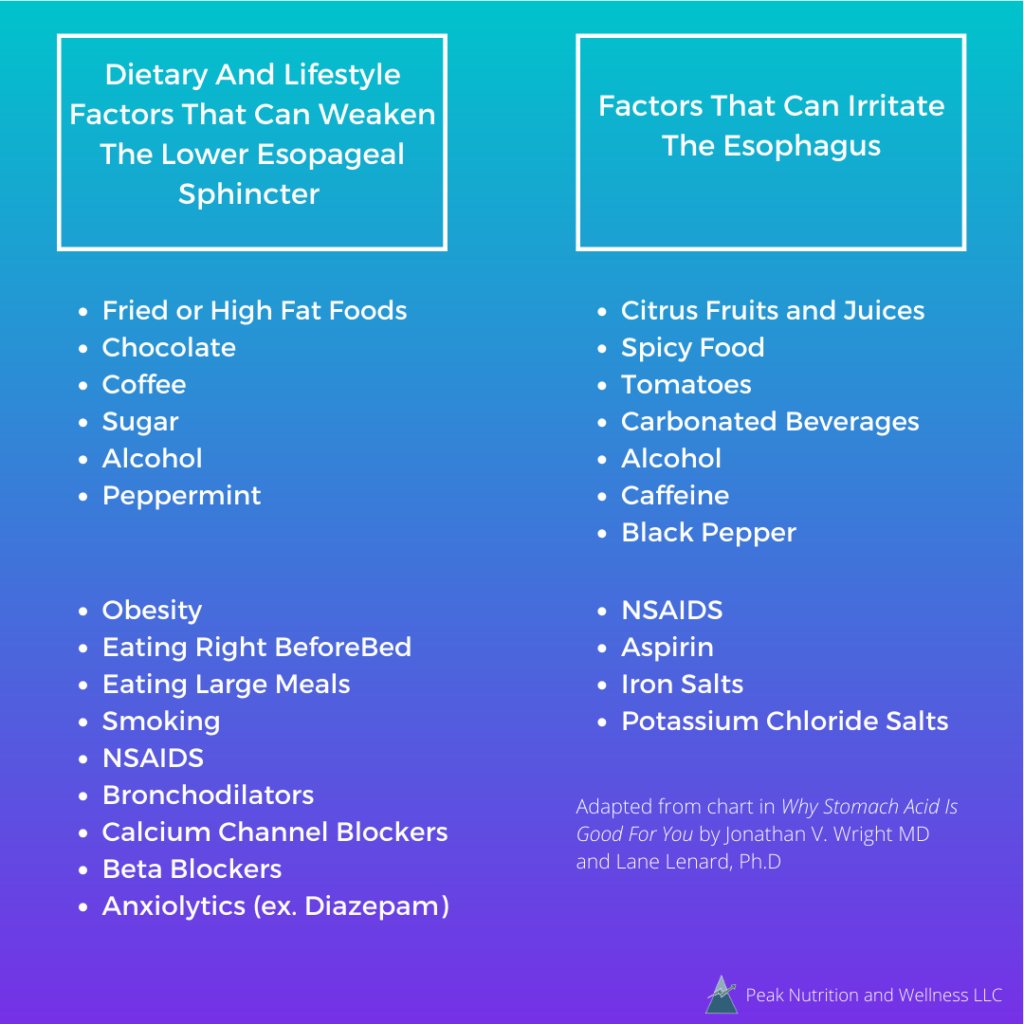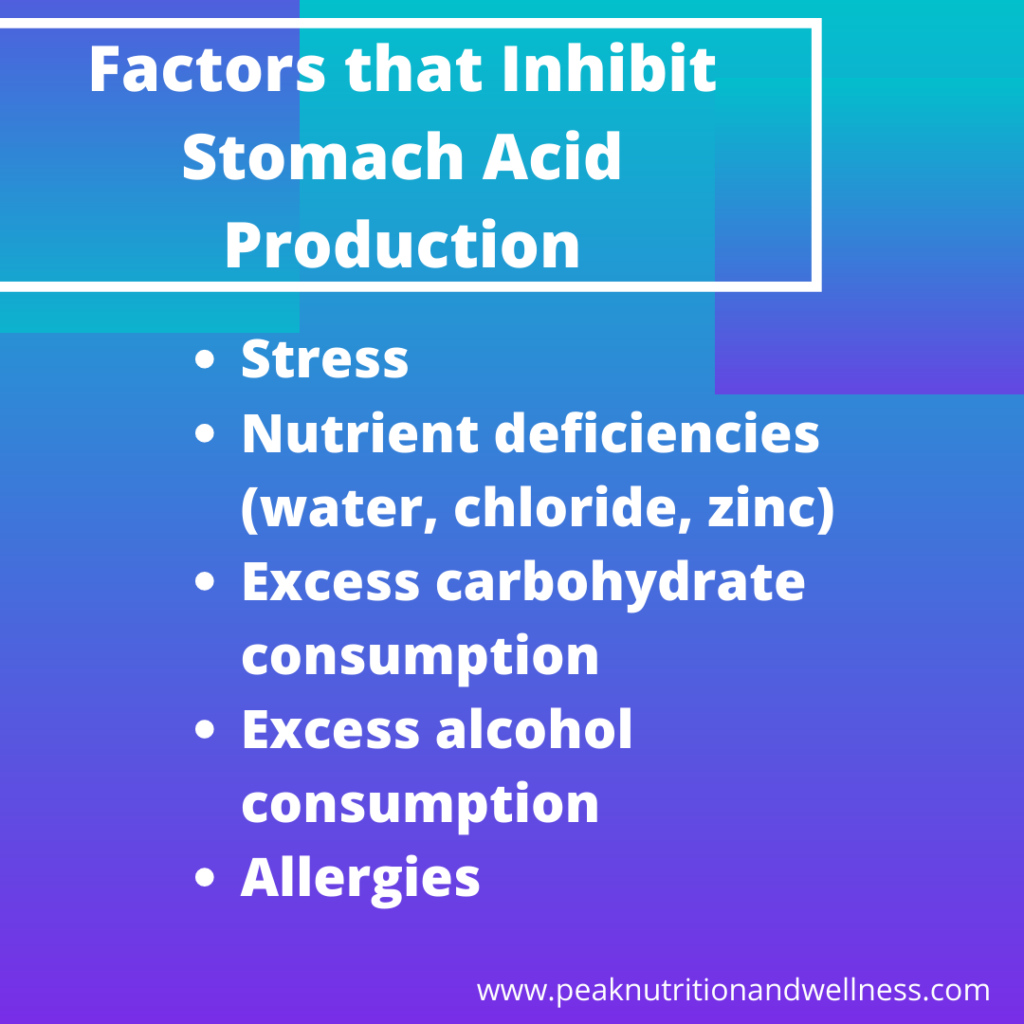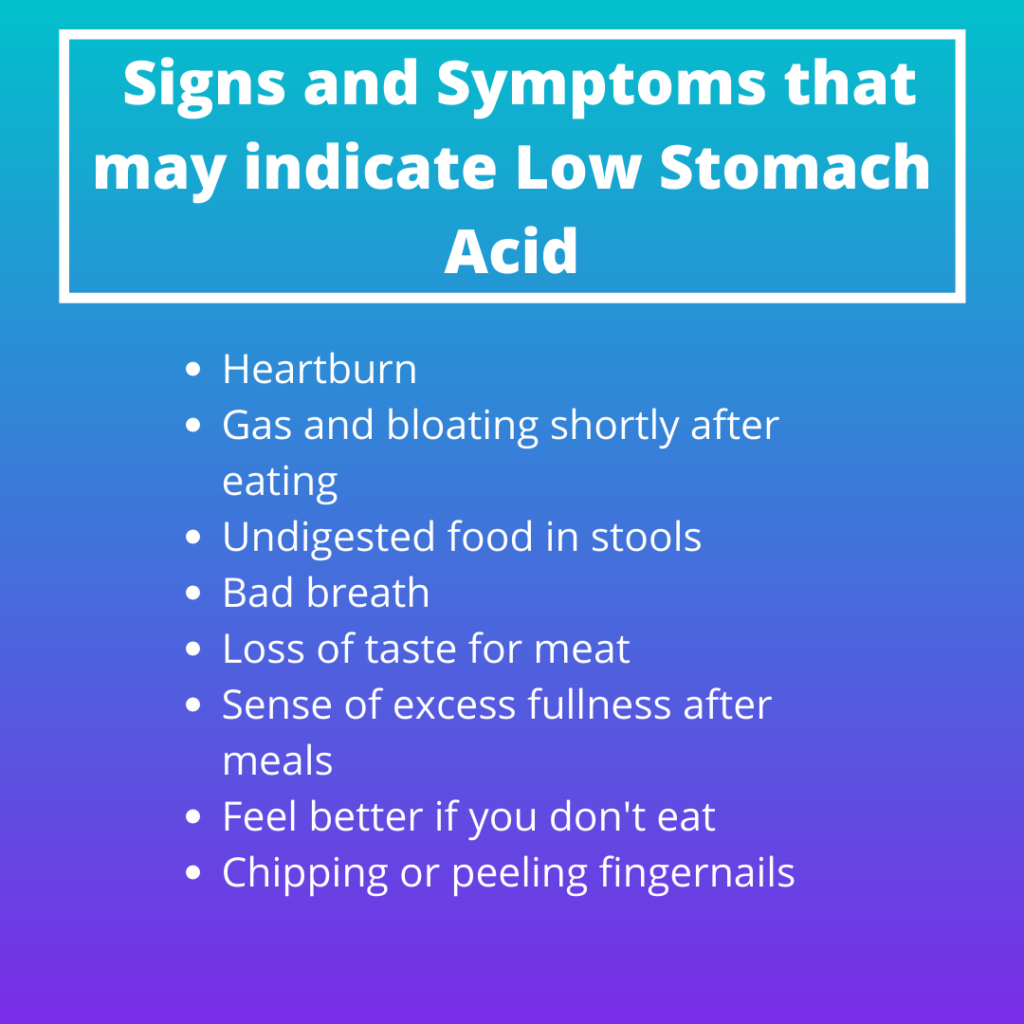In The Big Fat Surprise, Nina Teicholz takes an in depth look into the nutrition research that has guided our way of eating for decades. The low fat/high carbohydrate diet that we, as a population, have been advised to follow for decades is not working. We are more unhealthy now than ever before. By following the science, Teicholz discovers that the foods we’ve been taught to deny ourselves – meat, cheese, butter, lard could actually be the very foods that bring us back to health. Through an exhaustive look at thousands of scientific studies and conducting countless interviews, she shows us that the diet advice we’ve been urged to follow for years is based on little more than weak science that is often manipulated to achieve the researcher’s or study funder’s desired outcome.

For decades researchers have demonized saturated fats, largely due to the fact that these fats can increase a person’s LDL cholesterol. The Framingham Study’s follow-up results showed that, of all the measurable lipids and lipoproteins, HDL cholesterol has the largest impact on cardiovascular risk (Teicholz, 2014, pg.162) and is a better predictor of heart attack than LDL. Interestingly, saturated fats are the only food known to actually increase levels of HDL cholesterol! (Teichrob, 2014, pg.334)
Another interesting fact I learned about saturated fats is that the type of LDL they increase (light, buoyant LDL) is not associated with an increase in heart attack risk. In fact, it is the small, dense type of LDL that has been shown to be linked to increased heart disease. An increase in this type of LDL is seen in diets higher in carbohydrates.
Sure, we have finally been told that trans fats are unhealthy. What should have been a boon to our society’s health with the banning of these trans fats though, has led to the creation of more “Franken-fats” in the form of interesterification, genetically modified soybeans and “fat” replacers. Industry continues to mess with nature and the chemistry of fats to solve a problem that didn’t exist 100 years ago when we ate the fat provided to us by nature. Once again, the public is being used, unwittingly, as guinea pigs in these experiments where the health implications are unknown. Companies and chemists have gone to so much work to replace saturated fats and at what cost? It’s apparent through reading this book, that the cost has been the health of a great many people. This cost will only continue to escalate unless we can break the stigma surrounding saturated fat. Teicholz’s book sheds light on this and I found that it highlights the evidence surrounding what Nutritional Therapy Practitioners tell their clients – that good quality, well sourced fats are vital to optimal nutrition and health.
I must admit, I found the first part of this book to be a bit dry and hard to get through. Perhaps it is because I have already read a fair bit about Ancel Keys and his infamous “Seven Countries Study”. If you have never heard of Ancel Keys, I urge you to look into him. Long story short, the results of his “Seven Countries Study” confirmed (in his warped sense of research) the relationship of saturated fat consumption to increased heart disease. But (and this is a BIG BUT), it turns out that the devilish Mr. Keys cherry picked only the countries that, when graphed, appeared to prove his hypothesis. Once ALL the countries are graphed, his correlation falls apart. It is this flawed methodology that has dictated what we’ve been told to eat for the last half a century! So, although it takes a bit of effort to push through all the review of the studies, it really is worth your while. I enjoyed the second half of the book much more, particularly the information about cholesterol.
The big takeaway I have from this book is just how infuriating and frightening it is to realize how research outcomes are manipulated, ignored or coerced through funding. People’s egos and company bottom lines have affected the health of millions for several generations. I do think that we are making some progress. The horrible effects of sugar are known to a lot more people today than even a few years ago, but the benefits of saturated fats have yet to hit the mainstream population. The information IS out there, but only if you choose to seek it out. People who aren’t passionate about nutrition and health still rely on the guidelines based on weak science. Nutritional Therapy Practitioners have our work cut out for us to try and shift this school of thought, but I believe that as more of us share our knowledge, others will be empowered to question the advice they have been given for decades.


REFERENCES
- Teicholz, N. (2014). The Big Fat Surprise. Simon and Schuster Paperbacks.






